Legal project aids African youth
Local
A program that will offer free legal support and information for members of the African-Australian community, including youths in trouble with the law, is set to be launched in Adelaide early next year.
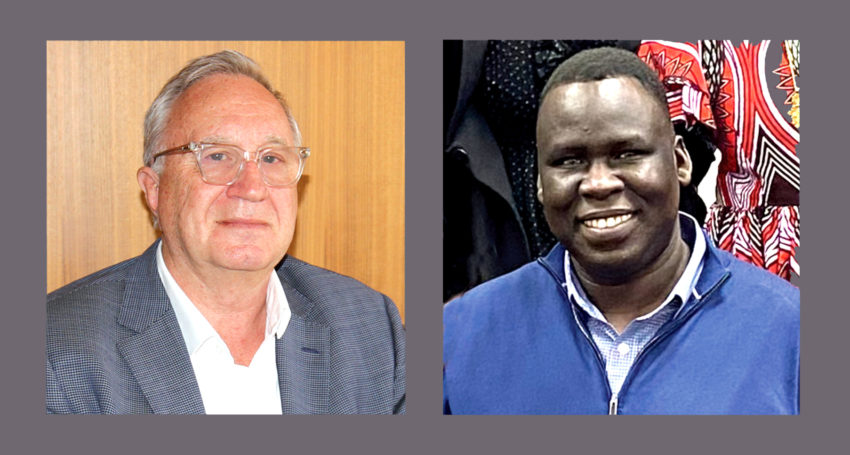
The African Legal Project is being spearheaded by former District Court judge and now barrister, Steven Millsteed KC, with the assistance of Clement Kuek, manager of the African Services Program for Centacare Catholic Family Services.
Still in the early stages, the project aims to educate African youth on their legal rights, provide the services of a ‘field officer’ to assist a young person when they are questioned or arrested by police, and offer pro bono legal representation for their initial appearance in court.
Advertisement
Mr Millsteed said the concept for establishing the program was first raised 18 months ago by the Adelaide Archdiocese’s then Vicar General, Fr Philip Marshall.
Fr Marshall became concerned by reports that members of the Afro-Australian community, and in particular younger members of that community, were being arrested and charged by police for criminal offences with no knowledge of their legal rights.
A group has now been formed comprising lawyers, law students, Adelaide Archdiocese representatives including Vicar General Fr Dean Marin and members of the Afro-Australian community to develop programs to educate young Africans about their legal rights when dealing with police and the importance of having legal representation when taken to court.
“Initially three or four Catholic lawyers met with Fr Philip and were told how young African suspects were being arrested, didn’t know their rights and were sometimes going to court unrepresented and getting into a whole heap of mess, at times pleading guilty to charges they shouldn’t have been,” Mr Millsteed explained.
“I was approached by these lawyers to see if I could help and since then we’ve held a series of meetings with members of the African community, young and old, to work out a program to help address this problem.”
The need for the project was further highlighted earlier this year when Sudanese youth received “lots of negative media attention”. A fight involving knives and machetes at a hotel in Grenfell Street in March saw six people taken to hospital and the following month a fatal stabbing in the CBD was attributed to the escalating tensions between two gangs.
“The members of the African community are appalled and worried (about such crimes)” Mr Millsteed said.
“Some are very angry with their youths and feel the African community, which includes
24 nationalities in SA, is being unfairly tarnished by them. Some are also angry with the police because they feel the youths are being unfairly treated and singled out.
“But they are very positive about the African Legal Project. They believe it is important, they believe it is necessary and they want to get it up and running.”
Since February several meetings have been hosted in Centacare facilities and attended by between 30-40 members of the African community. Information sessions have covered the topics of child protection, legal rights and the importance of legal representation. Mr Millsteed said the challenge was now to get information to the people who are getting in trouble.
Advertisement
“I’ve found that a lot them don’t even know that the Legal Services Commission exists, so we intend to produce a pamphlet that will outline their legal rights and the importance of legal representation,” he said.
“We hope to distribute the pamphlet early next year at places where young people of African heritage gather such as youth centres, sporting games such as basketball and soccer, or just handing it to the kids in the streets.”
Next year the project will also focus on establishing a pool of volunteer ‘field officers’, who will have a background in legal or social work and be connected to the African community. Mr Millsteed said a coordinator would assign a field officer to be present or give assistance over the phone when a young person is being questioned or arrested, and then attend court with them if necessary.
“A similar thing happens with Aboriginal people and I’ve had meetings with SA Police about this and they are very supportive of the proposal,” Mr Millsteed said.
In addition, some members of the legal profession have offered their services pro bono to represent the youth on their initial court appearance, after which they would need to secure the services of a lawyer or Legal Services.
A South Sudanese refugee who has lived in South Australia for nearly 20 years, Mr Kuek has strong ties with the local African community and is well known for his crisis support work with Centacare. He said members of the community believed the African Legal Project was a “very positive” step.
“The African leaders and members of the community are very supportive and excited by the project,” he said.



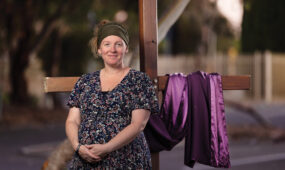
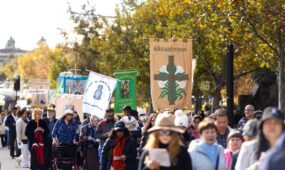
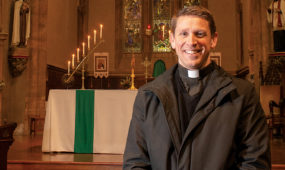
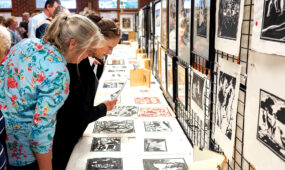

Comments
Show comments Hide comments